| In the aftermath of the 2024 Academy awards, we did not do as good as we hoped. We missed 7 categories. Those categories are: Leading Actress, Animated Feature, Visual Effects, Costume Design, Animated Short, Sound, Makeup and Hairstyling. This means that we have guessed 16 categories, which is 70%. Let's see how we are going to do next year. |
|
0 Comments
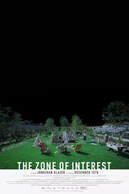 Zone of Interest seems like a simple film on the outside. It is divided into three sections by full colored shots of Black, White, and Red (the Nazi flag colors). The first (black) shows the seemingly ordinary life of the SS officer and his family. Their aspirations, desires, weekends. The second section (white) takes us deeper and shows the evil side of the "normal" SS officer and his job duties, worries, and the true nature of evil.
Baldur’s Gate 3 (2023) discourages moral disengagement by giving non-playable characters their own agency and values, connecting the player to their stories and personalities. Baldur’s Gate 3 is a role-playing game set in the universe of Dungeons and Dragons that allows the player to explore the open world with requitable companions and make game-altering decisions affecting non-playable characters (NPC’s) relationships and the future of the fictional world.
Overwatch is a game that is often praised for its focus on inclusivity and diversity in its character design as quoted by the game director of Overwatch Jeff Kaplan “What we cared about was creating a game and a game universe and a world where everybody felt welcomed. And really what the goal was inclusivity and open mindedness” (Kaplan, 2017, 31:35).
After becoming a samurai, you and your comrades start going through a dungeon fighting various “demons” based on different religions and mythologies. Eventually after reaching the bottom of the dungeon in a twist, it is revealed that that the Eastern Kingdom of Mikado is located over a dystopian version of Tokyo. Throughout the game you will encounter various characters from the Eastern Kingdom of Mikado, as well as Tokyo, alongside a variety of demons and angels from various religions, who all try to influence you to their cause. As you continue to play through the game more and more questions regarding religion, social standing, and rights will arise, and as your comrades diverge from each other and pick opposing paths, you as the player are left to wander who to side with, or if to pick a different path from them all together. The moral ambiguity in the design of Shin Megami Tensei IV’s characters, divinities, and the in-game world not only create an interesting story, but also encourages the player to question conventional morality, and decide what they truly value most, thereby allowing for the game to become a platform for meaningful ethical reflection.
In this chapter of the book Hearing and Jones are exploring film as a base for research and research as a base for making a film (426). Hearing is interested in incorporating documentary filmmaking as a valid process of collecting data that can be used in academic research (425,426). Reversely, Jones uses different types of academic research as a base to make a fictional films (426). Hearing also uses film with slow edited images as a method to encourage audience meditation (429). He considers this approach as equivalent to a researcher framing the research question, except that he is doing it with the audience (430).
Filmmakers use red liquid to convince audiences that is a real representation of blood. The perception of this red liquid as blood depends on it’s relation to other elements in the story, because not everything that is a red liquid is perceived as blood (85). Rodje explains how the color of real blood varies depending on oxidation, thus people references to the realistic representation of blood is different (85,86). Obviously filmmakers can not cover all the variations of expectations of audience members, but to make the liquid convincing they focus on color and texture in relation to film stock (87).
In this article Julie Cohen draws the connection between the constant surveillance, enabled by digital cameras in public spaces, and the active accumulation of data, available to different organizations. This accumulation of data stored in multitude of databases paints a digital picture of people more revealing than the separate and random surveillance in public spaces. This integration of data in databases pose a privacy threat much more dangerous than Jeremy Bentham’s Panopticon and Foucault’s interpretation of it. Cohen draws the connection between observation, surveillance, watching and power. Surveillance not only gathers information about human behavior, but when this information is stored in database then becomes a concrete fact about the past of people.
Summary of "Totalitarian Paranoia in the Post-Orwellian Surveillance State" by Henry A. Giroux1/10/2022 Henry Giroux examines the surveillance practices widely used in contemporary society through the lens of George Orwell’s book “1984.” To the author the current data gathering mentality and environment created by private corporations and the government in USA surpasses the dystopian society created by Orwell. The author sees neoliberal politics from the last couple decades of the previous century as a main reason for creating the unequal power balance between the citizens of USA and the “corporate-state apparatus” (p.128).
In the article Anatomy of AI System the authors, Kate Crawford and Vladan Joier, are tracing the processes involved in the creation of digital devices. The authors are addressing the birth, life and death of those devices connected with the natural and human resources needed and involved in the process. The authors illustrate these processes by giving detail account of inner workings of the Amazon Echo and its artificial agent Alexa.
Summary of '“I’ve got Nothing to Hide” and Other Misunderstandings of Privacy" by Daniel J. Solove1/3/2022 In this article Daniel Solove examines the privacy argument of if people have nothing to hide then they should not be against government surveillance. The author looks at the above stated argument from several different angles. To address the problem in its entirety, Solove examines the definition of the term privacy and what it encapsulates. This background work helps to address the strongest argument related with “nothing to hide”(p.2) statement, which is the correlation between security and privacy. His conclusion is that the privacy concern related with “nothing to hide” (p. 3) argument are broader and encompasses more than individual rights and preferences. This is a problem that has social implications and its minimization could be dire for democratic principals and government oversight.
Gilles Deleuze talks about how societies have been controlled in the past, the characteristics of the modes of control and the transformation of that control. He incorporates the teachings of Foucault and his insight that control in societies is transitory. The society of sovereignty is the first one analyzed with its characteristics of taxing the subjects, absence of democracy and lack of modes of production.
Shoshana Zuboff explores the power structure in the digital contemporary society and what big data creates and enables companies to do. This continuous and linear collection of data that prays on our input, behavior and knowledge are the base for the algorithm that is trying to predict our future actions. Zuboff coins the term surveillance capitalism that describes the market in which big data is traded, our past and present movement and behavior recorded, and our future actions predicted.
11.1 – Both Sides of the Same Coin
The beginning of the 21st century presents us with a paradox. On the one hand, we are free to roam online, read various interpretations on any subject, express our opinions and exchange ideas liberally with anyone we choose. On the other side, our actions are surveilled, our data is aggregated and we are subject to behavior manipulation. Many of the privacy and surveillance challenges faced today did not occur as a result of coercion, but in the course of voluntary activities that are carelessly enjoyed as entertainment. Contemporary digital society incorporates mass surveillance and new forms of entertainment intertwined in a paradoxical relationship. Huxley’s Brave New World does not address mass surveillance and conversely, Orwell’s Nineteen Eighty-Four omits entertainment. Given these blind spots in these two projected futures, I suggest that the contemporary social order is best analyzed and reflected upon using a combination of Orwell’s and Huxley’s visions. In her article Donna Haraway (1991) defines cyborg, as not only a hybrid between machine and a living organism, but also a creature of social reality and function. Thus from the late 20th century we have been creating cyborgs and many of us are cyborgs, regardless if we recognize it or not. She breaks down and dissipates the distinction between human and animal: between human and machine; and between physical and non-physical.
|
People who critique moving pictures fall into 3 general classes:
1. Reviewers - are generally journalists who describe the contents and general tone of a movie, with only incidental emphasis on aesthetic evaluation. 2. Critics - are also journalists for the most part, but their emphasis is more on evaluation than on mere content description. 3. Theorists - are usually professional academics, often the authors of books on how movies can be studied on a more philosophical level. AuthorI'm a film critic and I like to write about films that are exceptional and stand above the rest. Categories
All
"The role of the critic is to help people see what is in the work, what is in it that shouldn't be, what is not in it that could be. He is a good critic if he helps people understand more about the work that they could see for themselves; he is a great critic, if by his understandings and feeling for the work, by his passion, he can excite people so that they want to experience more of the art that is there, waiting to be seized. He is not necessarily bad critic if he makes errors in judgement. He is a bad critic if he does not awaken the curiosity, enlarge the interests and understanding of his audience. The art of the critic is to transmit his knowledge of and enthusiasm for art to others." ( Pauline Kael )
|


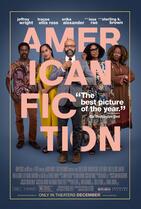
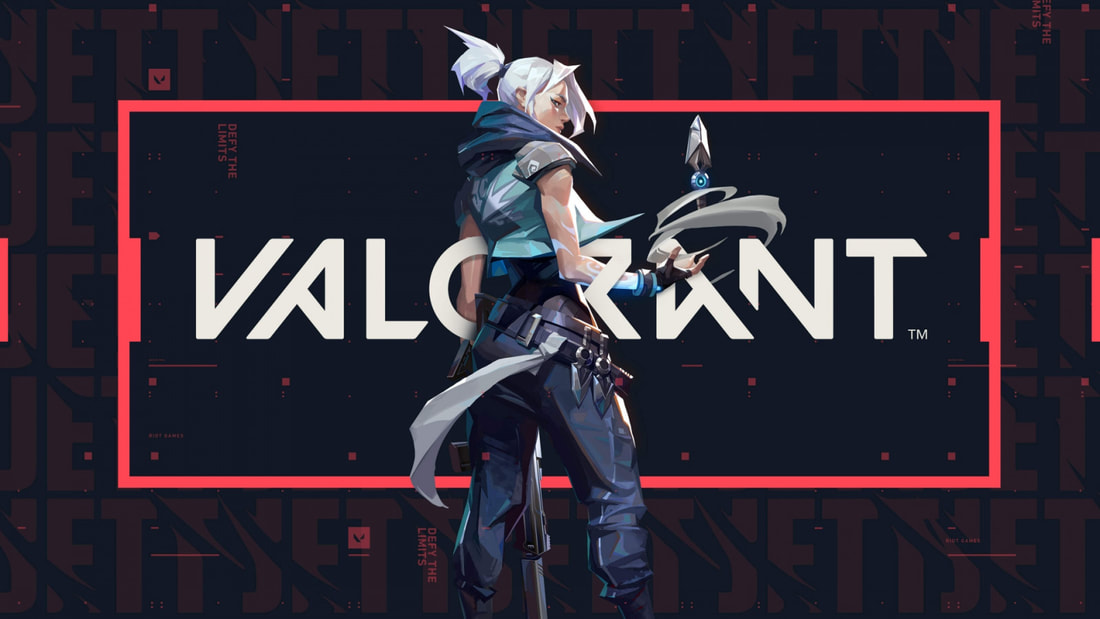
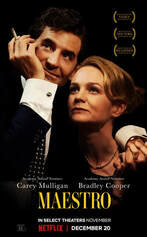
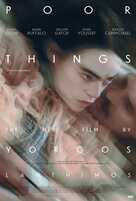
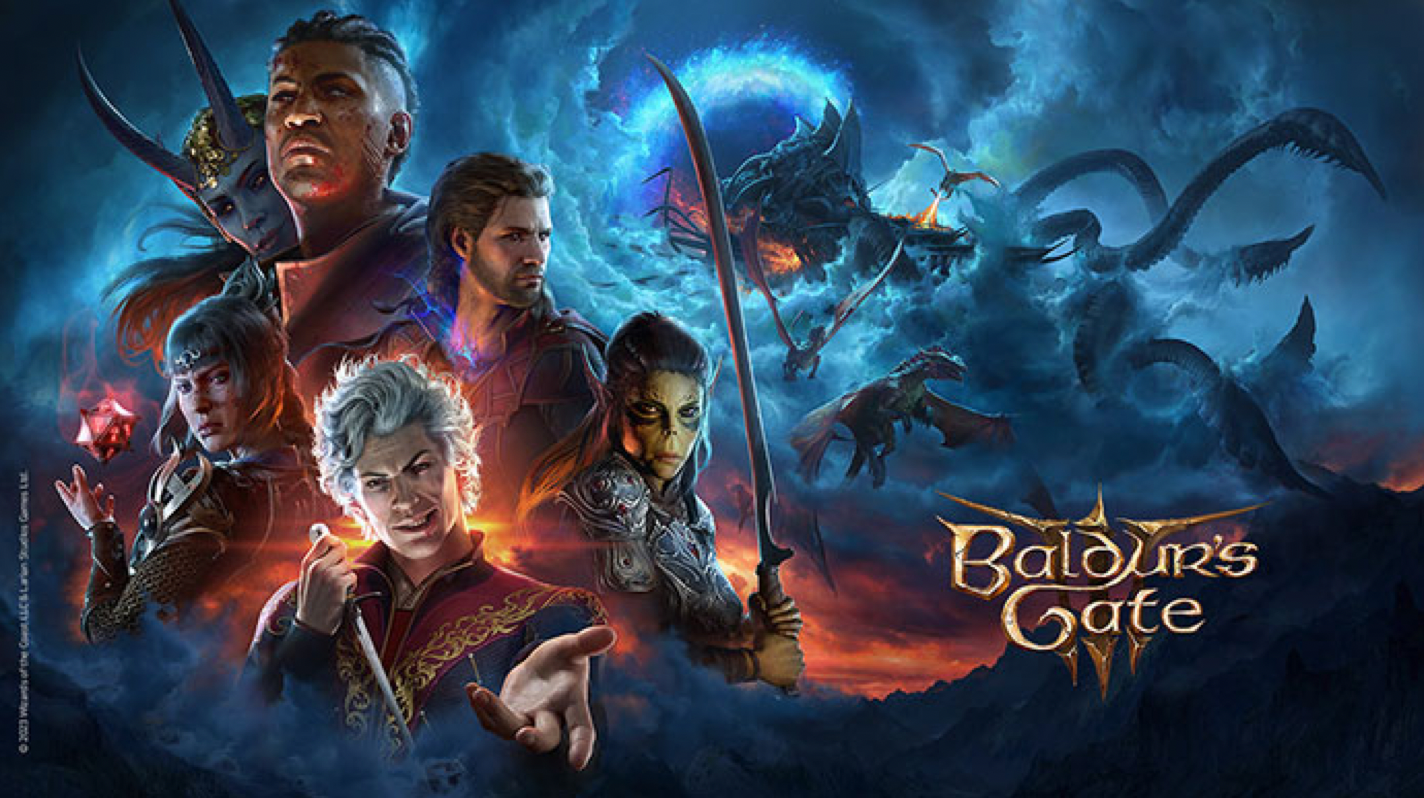

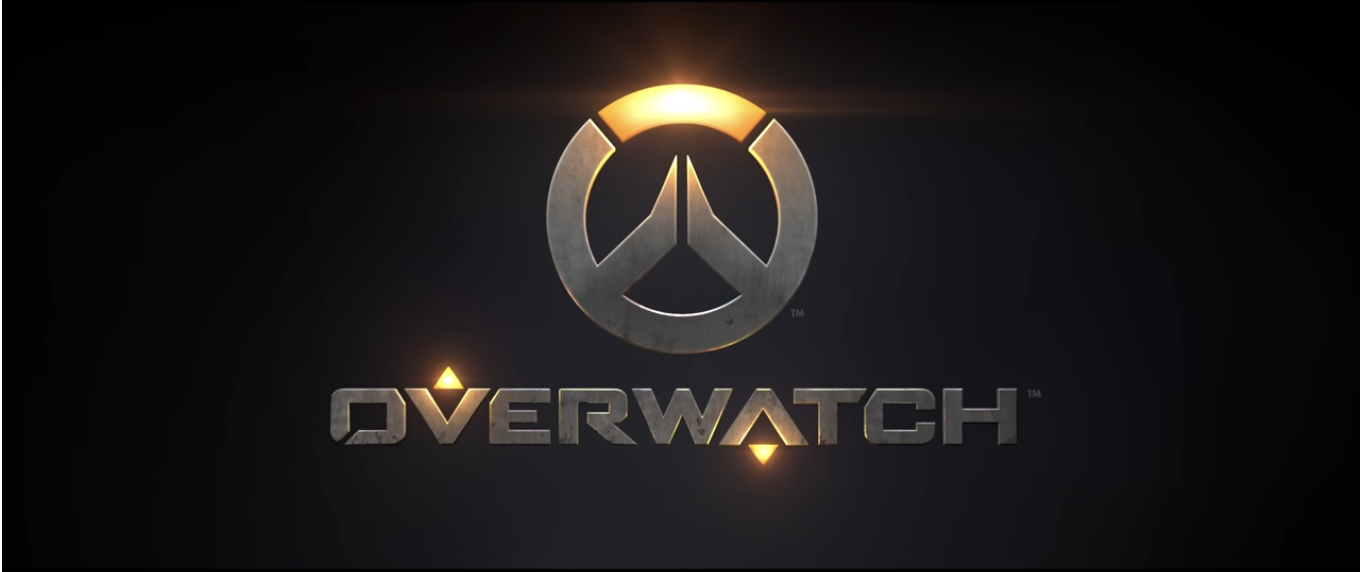

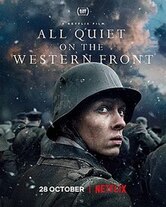

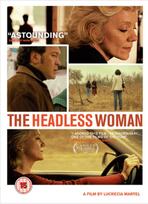
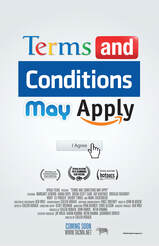
 RSS Feed
RSS Feed